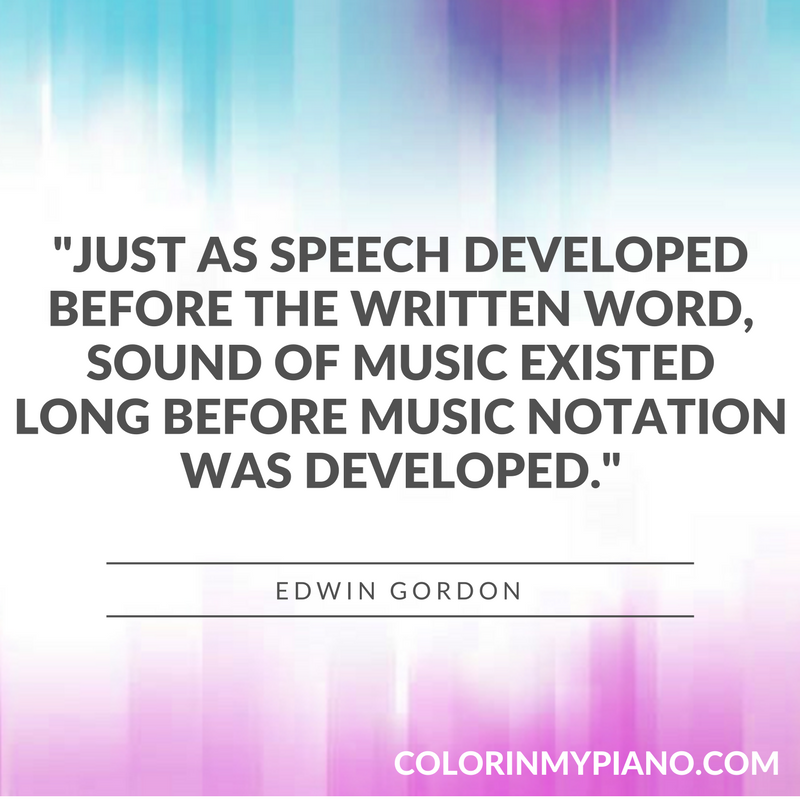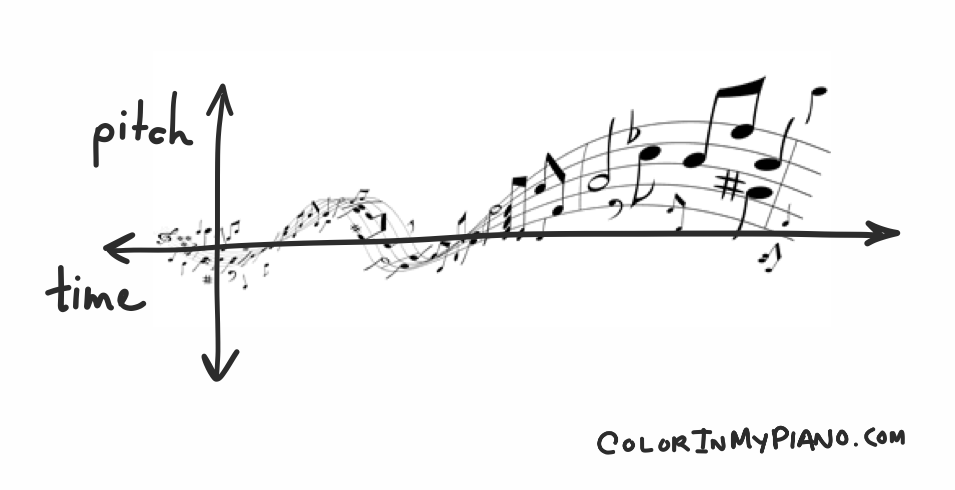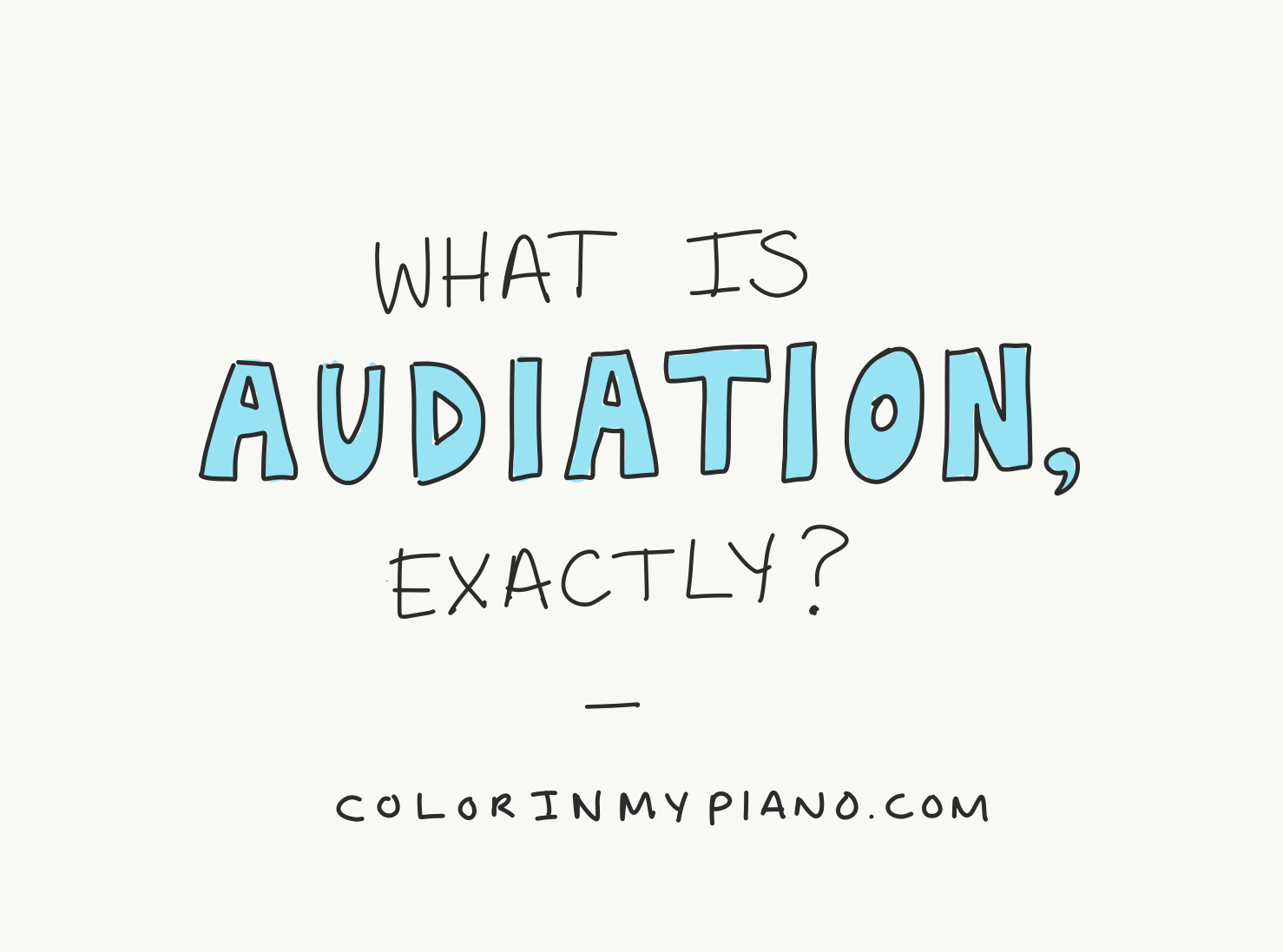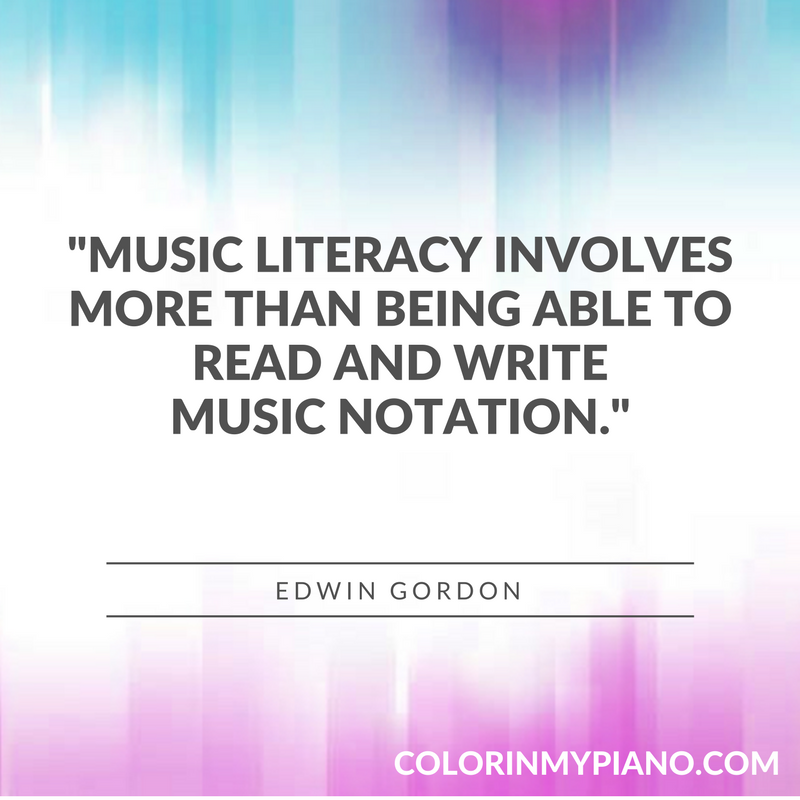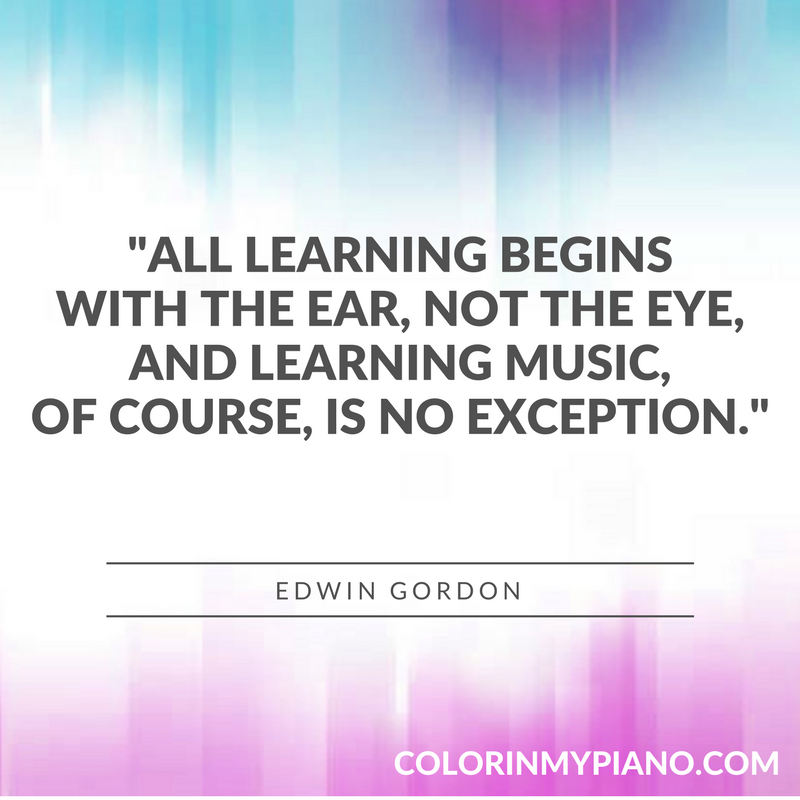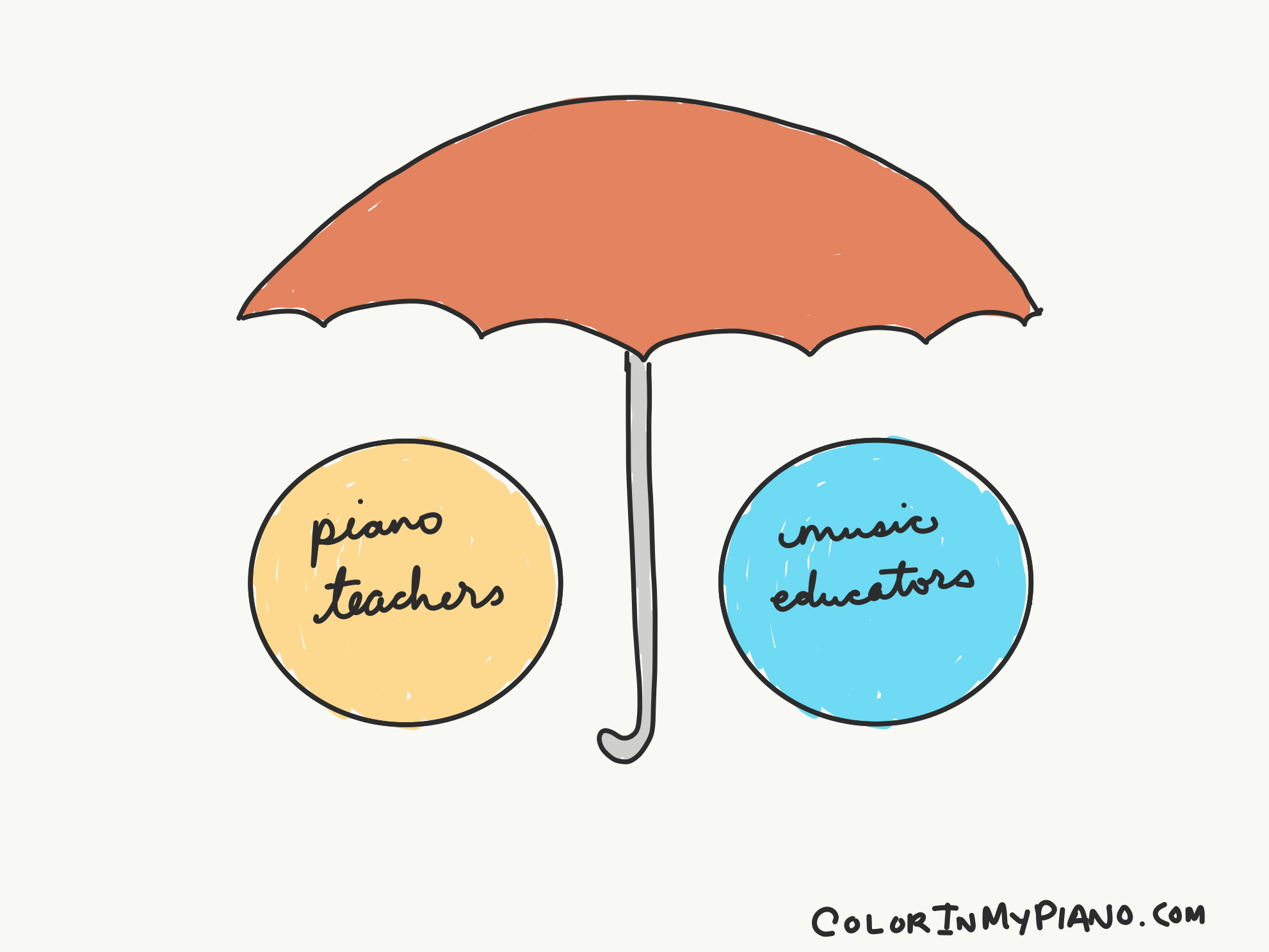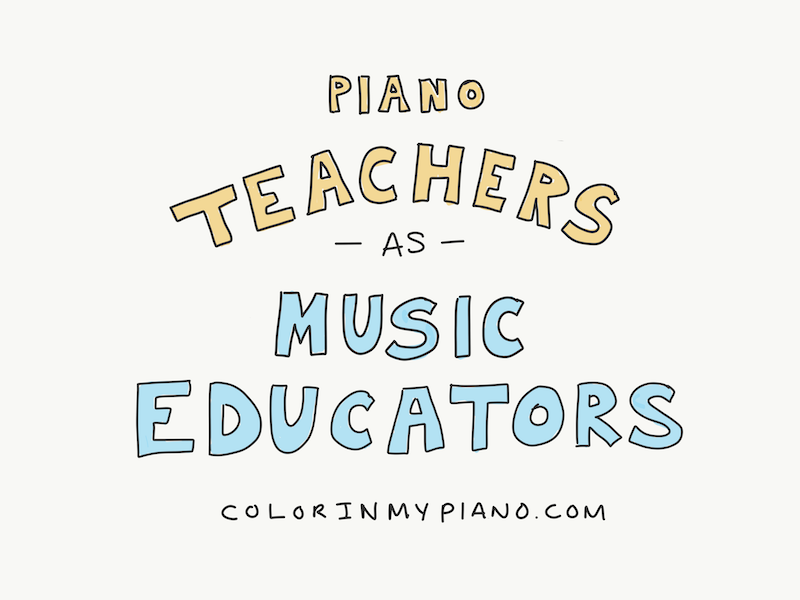I first encountered music learning theory as an undergraduate student in September of 2008, when Hope College (Holland, Michigan) hosted Dr. Edwin E. Gordon (1927-2015) for a five-day visit. I was fascinated by everything Gordon had to say and have carried his influence with me as I went on to complete a Masters degree and start an independent piano studio in following years. In the summers of 2016 and 2017 respectively, I completed the Piano certification and Early Childhood Music certification offered by the Gordon Institute for Music Learning (see GIML.org). The implications of Gordon’s work regarding how we can best teach music resonates with me, and so I continue to familiarize myself with his research and writings.
Music learning theory is a relatively new subject area within academia gaining increasing recognition and respect in recent decades. While music education and early childhood music communities currently are largely familiar with the concept, piano teachers as a whole are mostly unfamiliar with music learning theory.
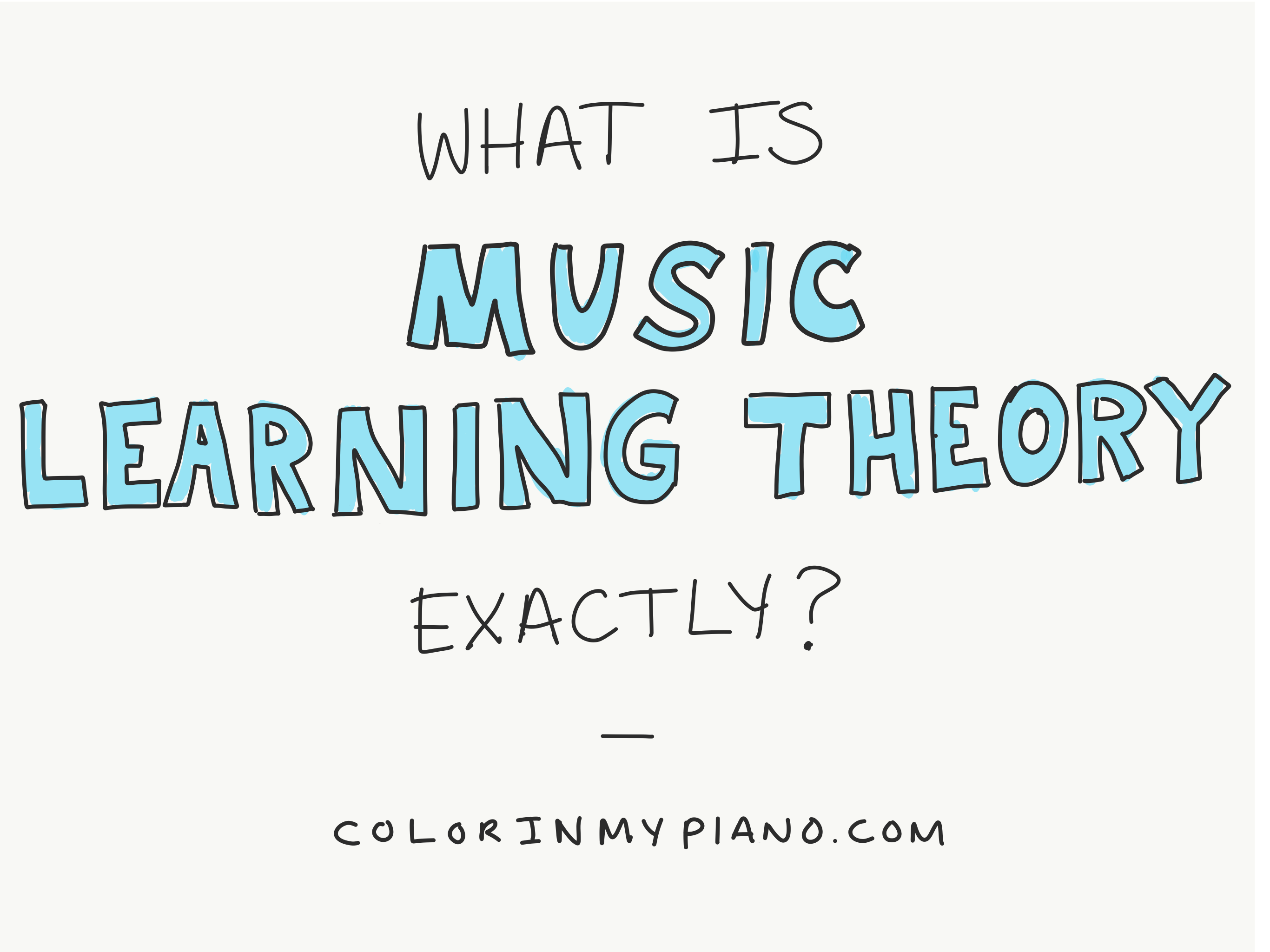
To those new to music learning theory, its name might suggest that it is systematic way to teach music theory. In fact, music learning theory has little to do with music theory; nor is it a curriculum.
To those who happen to hold a strong association between the term “music learning theory” and Edwin E. Gordon, the term might seem synonymous with Gordon’s work. The subject area, however, is larger than one individual’s work — no matter how great his or her contributions. Gordon’s own Music Learning Theory (MLT) exists within the larger subject area known as music learning theory.
I’d like to make some clarifications about the subject of music learning theory. In this short article, I will define the subject of music learning theory and discuss possible benefits for piano teachers who choose to familiarize themselves with music learning theory.
Continue reading “What is “music learning theory”, exactly?” →



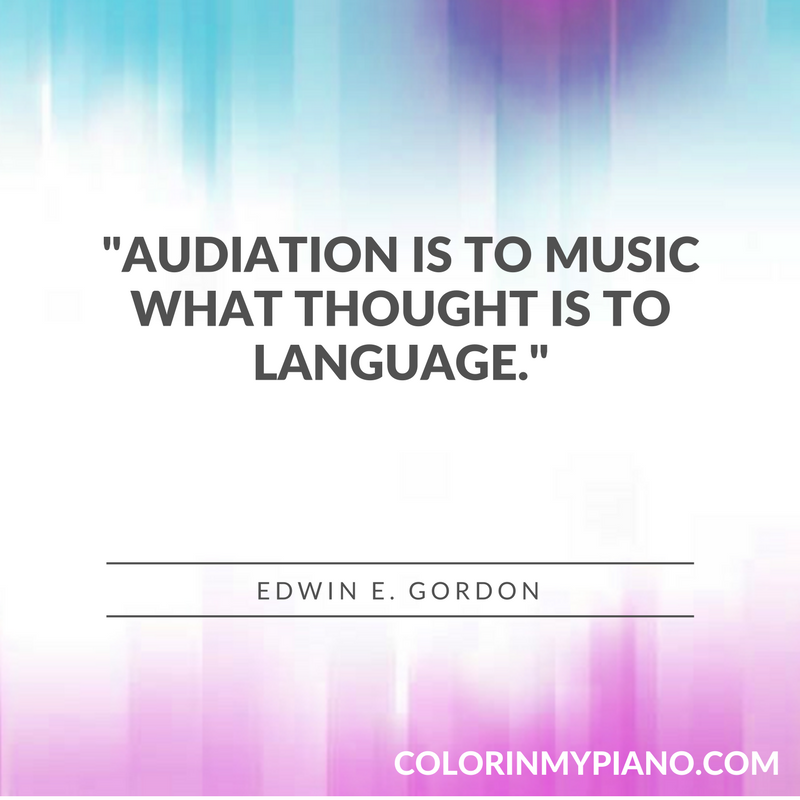



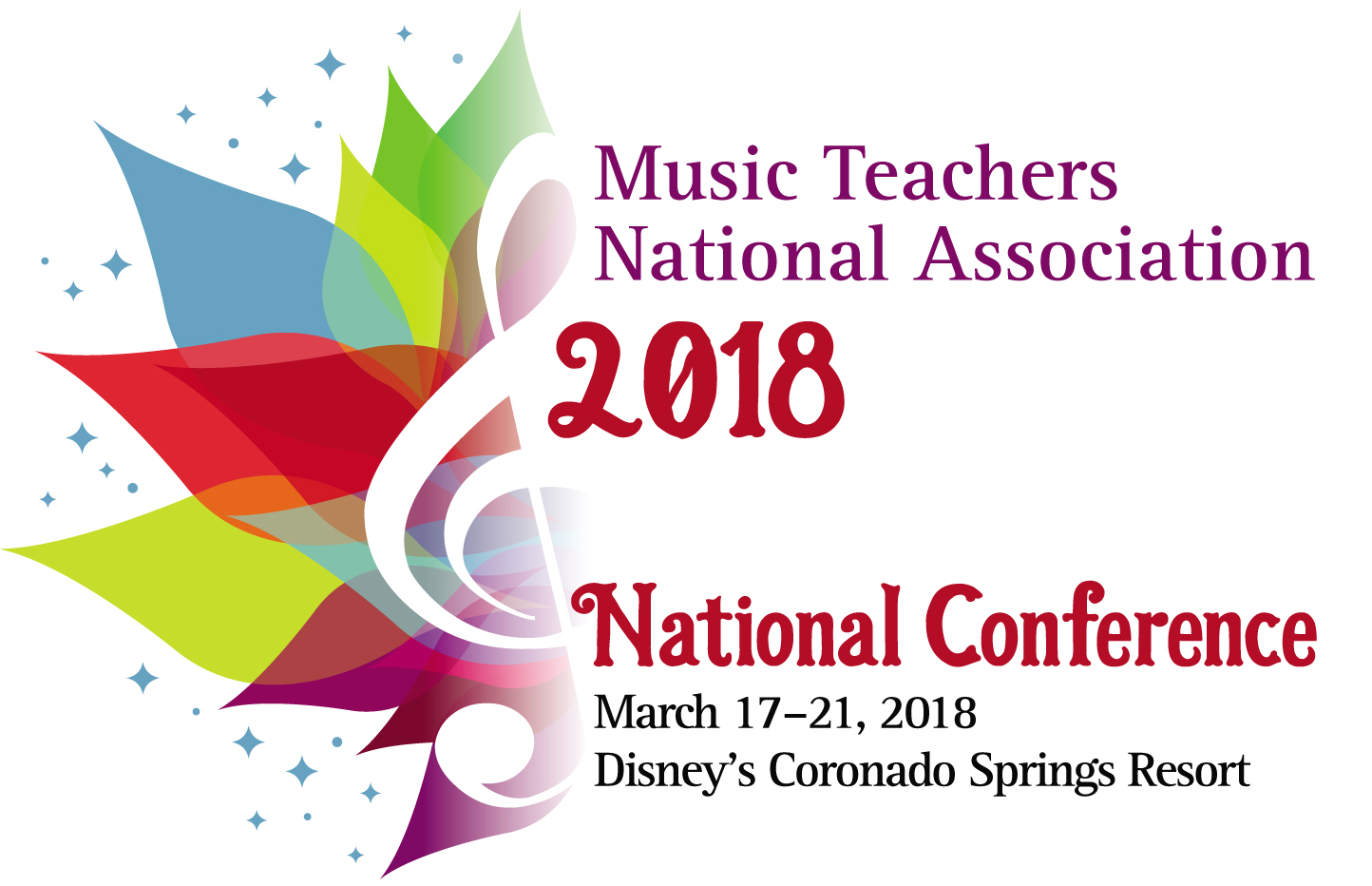

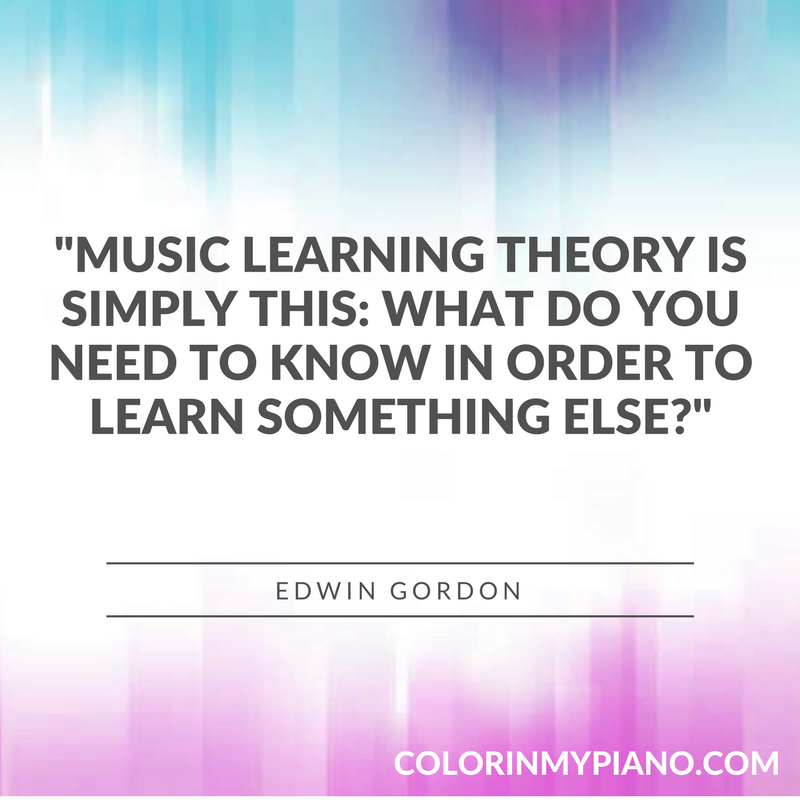

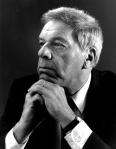 Just a quick note today to let you know about a brand new Facebook group intended for piano teachers who are interested in learning more about Music Learning Theory (MLT) and explore how they can incorporate it into their teaching. Any teacher interested in MLT is welcome to join! The group is called “Edwin E. Gordon and Music Learning Theory for Piano Teachers.” The group is moderated by a few MLT piano teachers including Marilyn Lowe, the author of the
Just a quick note today to let you know about a brand new Facebook group intended for piano teachers who are interested in learning more about Music Learning Theory (MLT) and explore how they can incorporate it into their teaching. Any teacher interested in MLT is welcome to join! The group is called “Edwin E. Gordon and Music Learning Theory for Piano Teachers.” The group is moderated by a few MLT piano teachers including Marilyn Lowe, the author of the 